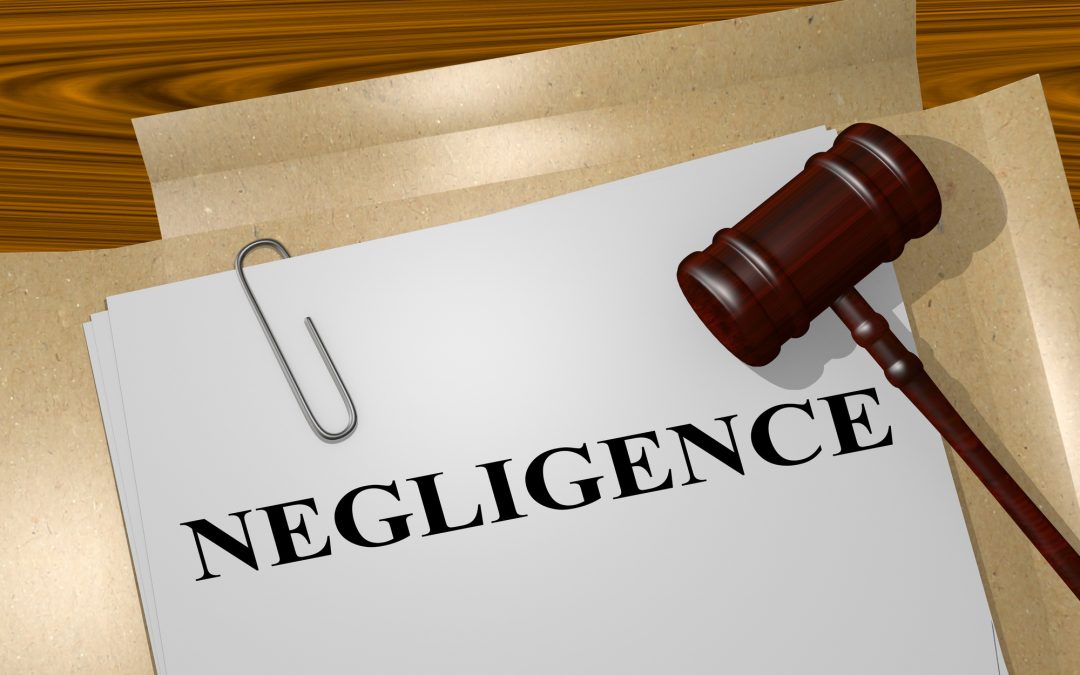You’ve found your dream home, it’s passed inspection, and you’ve finally closed! But… then you learn that there’s a serious problem with the house.
From a leaking roof to a faulty electrical system or even a problem with the house’s structure – there’s a lot that can go wrong. Suddenly, your dream has turned into a nightmare.
Can you sue a home inspector if this happens? The answer is… maybe. There are some important variables to consider and a few things you need to know. Stick with us as we go through the ins and outs of home inspector liability.
Negligence Claims
If you believe your inspector didn’t do their job thoroughly, you can file a negligence lawsuit. By doing so, you’re claiming that the inspector failed to take “reasonable and necessary steps” to find the problems with your home. However, it’s not always easy to prove your case.
This is particularly true if you were provided a detailed report and you signed off on it. In this case, your best bet is often to hire a new inspector and see if they believe that the first inspector should have noticed the problem before you purchased the home.
Documentation is also very important. Make sure you take as many pictures as you can and hold onto any paperwork that is relevant to the problem. There’s a good chance you’ll need this to strengthen your case.
Breach of Contract
If you find that you’re not able to prove that the inspector was negligent, then you might be able to sue for breach of contract. In this case, you’ll need to prove that the inspector failed to do something that was laid out in the signed contract.
For example, if certain tests were supposed to be done but they weren’t, then this might apply. Essentially, you’re suing the inspector because you believe that he or she skipped a step, which resulted in missing a problem that should have been found.
Limit of Liability
You’ll also want to check your contract and see if there’s a clause that limits the home inspector’s liability. This is very common and will often state that if a problem arises, the inspector isn’t held liable and is only required to reimburse the homeowner for the cost of the inspection.
If you suddenly find an issue that’s going to cost $10,000 to repair, getting a few hundred dollars from the inspector isn’t going to do you much good.
Luckily, you’re not completely out of luck! The seller might have some liability, so you may be able to find some recourse there.
Seller’s Liability
When someone sells a home, they’re often legally obligated to disclose any problems with the home that they’re aware of. If the seller did know about the issue and didn’t meet their obligation to disclose during the home-buying process, then you might be able to sue them for damages.
It’s important to note, also, that each state has different laws about a seller’s obligation to disclose. You’ll want to review the specific rules that apply in the state where the transaction occurred.
If you find that the seller did have an obligation to disclose problems with the home, you’ll still need to prove that the seller knew about the home’s defect.
If you’re dealing with a newly constructed home, then you may be able to sue the home builder. Again, you’ll want to review your contract and the laws in your state to find out what your options are.
It’s difficult for the average person to know whether any of these cases apply. If this happens to you, it’s always a good idea to consult with an attorney right away. This is your best bet for filing the right type of lawsuit and will give you a better chance of having a successful outcome.
How to Sue an Inspector
If you believe you have a case, the next step is to file a lawsuit. If the inspector is an individual working privately or through an organization, then you’ll need to sue them directly.
If, however, the inspector was hired by a government agency, you won’t be able to sue directly. Instead, you’ll need to file a complaint with the government agency. They’ll usually conduct their own investigation before you can move forward with filing a lawsuit.
If you win the lawsuit, you may be awarded enough money to pay for the damages that resulted from the faulty inspection. Other times, the budget will order a second inspection or rule for other remedies.
It is important to remember that a home inspector can’t be expected to find everything and some issues can develop slowly over time. This why you can’t always be sure that you’ll receive a settlement.
Can You Sue a Home Inspector? Now You Know!
Now that you know the answer to the question, “can you sue a home inspector,” you might feel more nervous than ever about your home inspection results. The best way to avoid this stress is to ensure that you’re hiring a top-notch inspector that you can trust.
At CLASS Home Inspection, we go above and beyond to ensure your satisfaction. Contact us today to schedule an affordable home inspection so you can protect this major investment.

